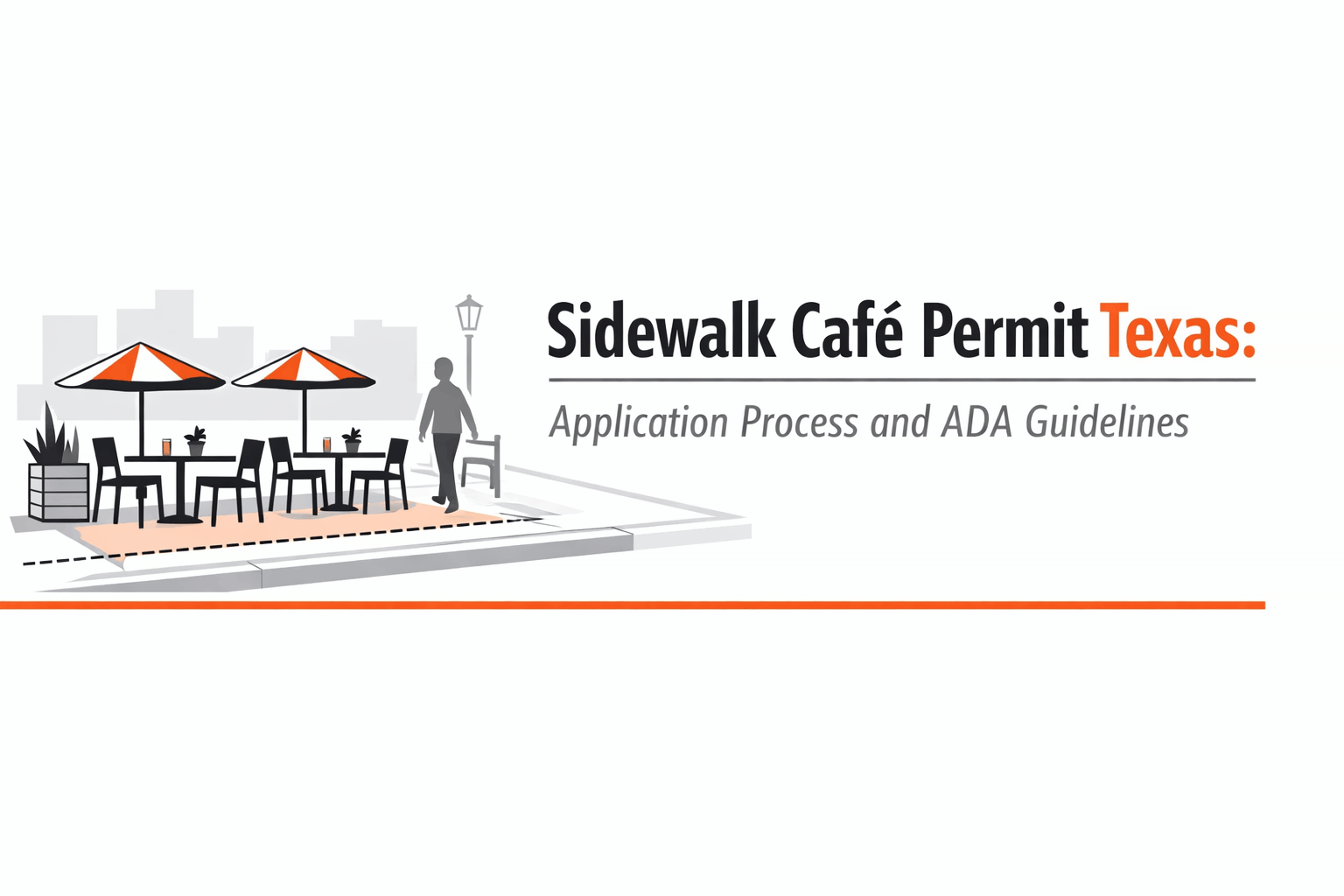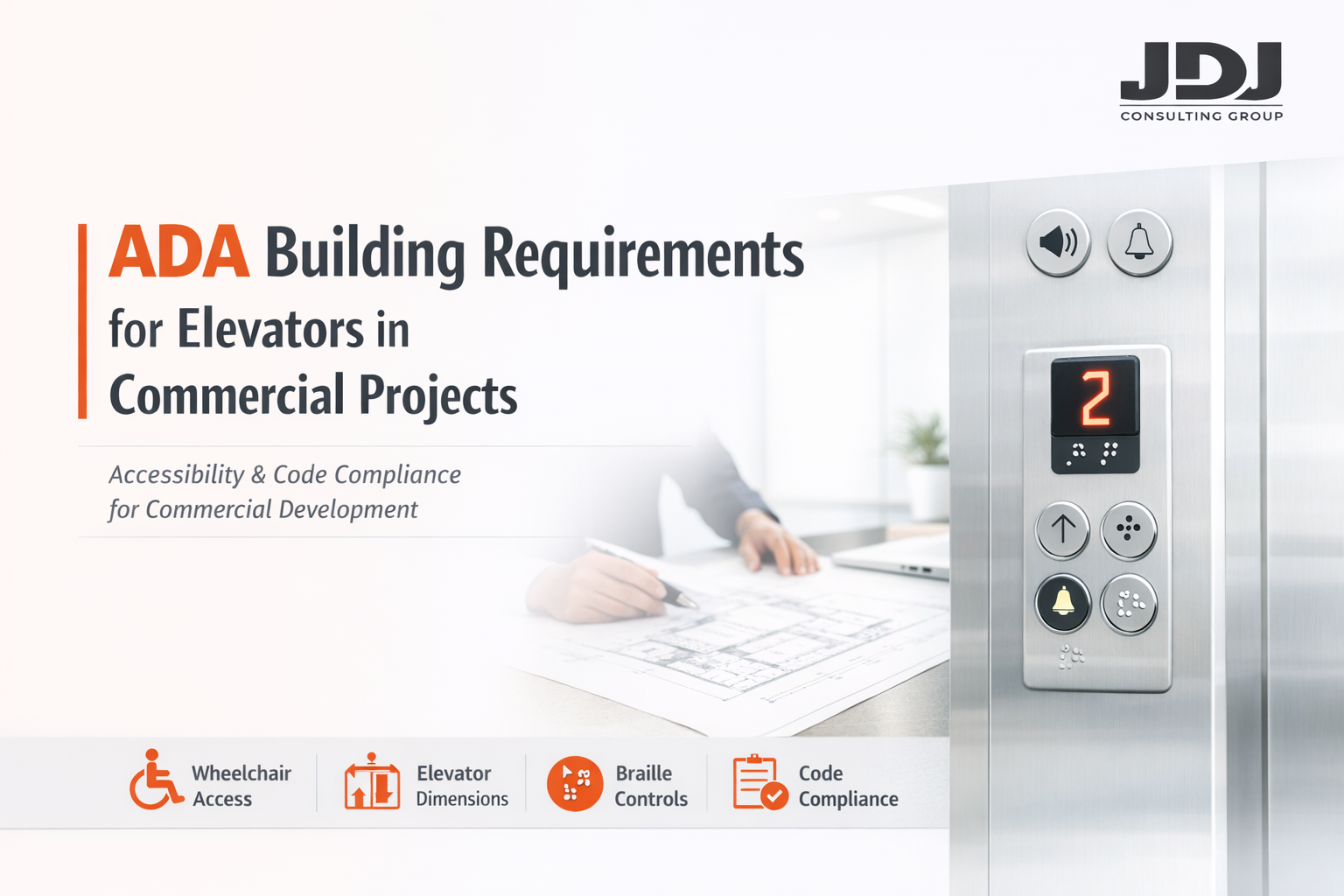ADU Parking Impact Los Angeles: How Tenants Are Affected
Los Angeles faces a serious housing shortage. The city has encouraged building Accessory Dwelling Units (ADUs) to add more homes. While ADUs help increase housing, they sometimes cause problems for tenants. One major issue is losing parking spaces.
Table of Contents
ToggleThis article explains how ADUs affect parking, tenants’ rights, and ways developers can plan responsibly.
ADU Parking Impact by Neighborhood
What Are ADUs and Why They Matter
Accessory Dwelling Units (ADUs) are small housing units built on the same lot as a main home or apartment. They:
Add more housing in the city.
Use underutilized land, like backyards or parking lots.
Offer affordable housing options.
Support sustainable urban growth.
ADUs are helpful, but they can also create challenges for tenants, especially if parking is lost.
How ADUs Affect Parking
Many apartment leases in Los Angeles include a parking space. When ADUs take over these spaces:
Tenants lose essential parking for work, mobility, or accessibility.
Rent reductions may not match the real cost of finding alternative parking.
Vulnerable tenants—elderly, disabled, or low-income—face major difficulties.
Example of parking impact:
| Problem | Impact on Tenants | Possible Solutions |
|---|---|---|
| Parking removed | Harder to commute or access home | Off-site parking, street permits |
| Reduced services | Rent reduction too low | Adjust rent fairly |
| Accessibility issues | Elderly or disabled affected | ADA-compliant parking |
Legal Considerations
Parking is considered part of housing services in Los Angeles. This means:
Landlords may have to reduce rent if parking is removed.
Compensation may not fully cover the cost of parking elsewhere.
Tenants can seek legal recourse if reductions are unfair.
ADU construction is legal, but developers must follow city rules and respect tenants’ rights.
Fairness and Equity
ADUs without proper planning can affect:
Elderly residents – need nearby parking.
Disabled residents – rely on close parking for independence.
Low-income tenants – may not afford alternate parking.
Balanced planning can increase housing while protecting tenants.
Planning Strategies for Developers
Proper ADU planning reduces tenant conflicts. Key strategies include:
1. Site Assessment
Check the effect on parking.
Identify vulnerable tenants.
Follow zoning and city codes.
2. Tenant Communication
Notify tenants early.
Explain changes and compensation.
Provide channels for feedback.
3. Compensation and Alternatives
Offer fair rent reductions.
Provide off-site or shared parking.
Ensure accessible parking for disabled tenants.
4. City Compliance
Review ADU laws before building.
Get all permits and inspections.
Plan additional units to offset parking loss.
Transportation and ADUs
Some suggest that reducing parking encourages transit use. But Los Angeles transit has limits:
Many areas lack convenient public transit.
Disabled or elderly tenants cannot rely on transit easily.
Removing parking without alternatives can hurt tenants more than help.
A good plan balances housing growth with safe, reliable transportation options.
Benefits of Thoughtful ADU Development
When planned well, ADUs:
Add housing without large construction projects.
Offer affordable rental options.
Use urban land efficiently.
Support long-term housing sustainability.
Success factors:
Protect tenant rights.
Offer fair compensation.
Keep quality of life high.
Coordinate with city authorities.
Recommendations for Developers and Planners
To reduce conflict and boost community benefit:
Use unused space – avoid displacing tenants.
Engage tenants – open dialogue reduces disputes.
Ensure accessibility – ADA-compliant parking and pathways.
Check long-term effects – consider traffic, parking, and quality of life.
Adjust rent fairly – compensation should reflect real costs.
Conclusion
ADUs are a solution for Los Angeles housing shortages, but they bring challenges. Parking loss affects tenants, especially the vulnerable.
Developers and city planners must:
Protect tenant rights.
Offer fair compensation.
Ensure accessibility for elderly and disabled residents.
Plan ADUs to maximize housing without harming quality of life.
ADUs are more than new units—they are part of building livable communities. Developers who plan carefully and communicate with tenants will create housing solutions that work for everyone.
Need help planning ADUs without impacting tenants? Contact JDJ Consulting Group today.
FAQs: ADU Parking Impact Los Angeles
What is an ADU and why is it important in Los Angeles?
Accessory Dwelling Units (ADUs) are small secondary housing units built on the same lot as a main home or apartment. ADUs are crucial in Los Angeles because they help increase housing supply and make better use of underutilized land. They also offer affordable rental options and support sustainable urban growth.
Key benefits of ADUs in Los Angeles:
Increase housing supply without large-scale construction.
Utilize unused land such as backyards or parking lots.
Provide affordable rental options for low- to middle-income residents.
Support sustainable and efficient urban development.
How do ADUs affect parking for tenants in Los Angeles?
ADU construction can reduce or eliminate existing parking spaces included in apartment leases. This affects tenants who rely on parking for commuting, mobility, or accessibility, creating challenges especially for vulnerable populations.
Parking impact issues:
Loss of parking makes commuting and daily access harder.
Rent reductions may not cover the cost of alternative parking.
Elderly, disabled, and low-income tenants face the greatest difficulties.
Off-site or street parking may be inconvenient or unsafe.
Are landlords required to compensate tenants if parking is lost due to ADUs?
Yes. In Los Angeles, parking is considered part of housing services. If ADU construction removes parking, landlords may be required to reduce rent fairly or provide alternatives to ensure tenants are not disadvantaged.
Possible compensation methods include:
Fair rent reductions reflecting the true cost of lost parking.
Access to off-site parking or shared parking spaces.
Adjustments for accessibility or location of replacement parking.
Legal recourse for tenants if compensation is unfair.
Who is most affected by ADU parking changes?
Certain tenant groups are more impacted when parking is removed due to ADUs. Elderly, disabled, and low-income residents may depend on nearby parking for daily life and independence.
Groups affected and why:
Elderly tenants: Need nearby parking for mobility and convenience.
Disabled tenants: Rely on accessible parking for independence.
Low-income tenants: May not afford off-site parking or transit alternatives.
Balanced planning can protect these groups while adding housing units.
What planning strategies can developers use to reduce tenant conflicts?
Thoughtful planning helps developers avoid disputes and ensures tenants’ needs are met. Proper ADU planning balances housing growth with quality of life.
Key strategies for developers:
Conduct site assessments to understand parking impact.
Notify tenants early and maintain open communication.
Offer fair rent reductions or off-site/shared parking solutions.
Provide ADA-compliant parking for disabled residents.
Follow city laws, permits, and inspection requirements.
Does reducing parking for ADUs encourage public transit use?
Reducing parking can encourage transit use, but Los Angeles has limited public transit coverage in many areas. Elderly and disabled tenants may not be able to rely solely on transit, so careful planning is necessary.
Considerations for transit and ADUs:
Ensure transit alternatives are convenient and safe.
Do not remove parking without providing suitable replacements.
Balance housing growth with reliable transportation options.
Consider accessibility and mobility needs for all residents.
What are the benefits of well-planned ADU development?
When ADUs are thoughtfully planned, they provide housing solutions without negatively affecting tenants. Proper planning protects tenants while improving overall community livability.
Benefits of careful ADU development:
Increase housing supply efficiently and sustainably.
Offer affordable rental options.
Protect tenant rights and provide fair compensation.
Maintain quality of life and accessibility.
Coordinate with city authorities for compliance and long-term planning.
Check details here: Reddit discussion
Error: Contact form not found.





